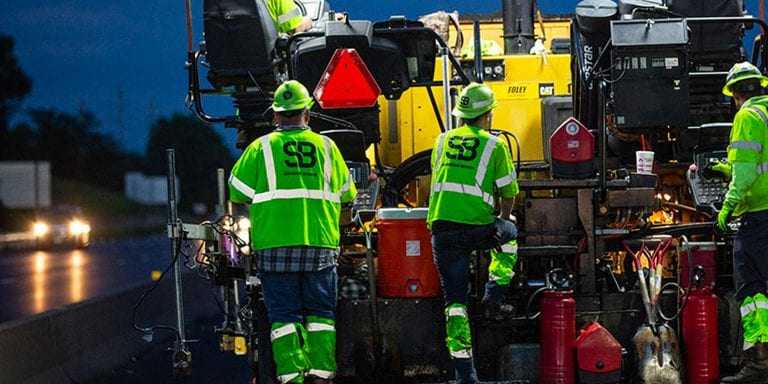It’s an exciting time to be in the cannabis industry. Growing by leaps and bounds, its potential is outstanding. Currently, the cannabis industry is the fastest-growing job market in the United States.
Yet, for an industry pulling in at least $9 billion, yes billion, a year, it still faces major opposition from marketing to banking. For example,even though the industry sells the equivalent of the entire snack market, only 30% of businesses have a bank account. The primary reason is although the use of medical and/or recreational marijuana is currently legal in 45 states (33 states have a comprehensive medical marijuana program and 11, plus Washington, D.C., allow recreational use) it is still very much illegal according to the federal government, leaving banks vulnerable to government scrutiny and/or a pile of paperwork.
Many banks opt to forgo the headache and simply won’t deal with cannabis companies. This leaves many in the industry to deal in cash, which comes with a whole host of problems.
Cash Poses a Security Risk
When you deal in thousands of dollars per day all in cash, it’s like putting up a sign inviting criminals to rob you. There are several reports of burglaries, robberies and even assaults in states with legalized marijuana tied to the cash kept at dispensaries. And aside from security threats from outside, there’s an increased risk of employee theft, requiring cannabis dispensary owners to go above and beyond standard security measures. And, since risks are so high, so is compliance for insurance coverage. Many insurance companies require in-house security teams and set procedures to secure the product and cash, all of which is important, but expensive.
Cash Makes Paying Employees Problematic
As an employer, you’re required to withhold payroll taxes, including federal and state income tax and social security and Medicare, from your employees’ pay. The problem with paying employees in cash is cross-checks can uncover attempts to avoid paying these payroll taxes. Plus, if you are paying employees illegally with cash (meaning you’re not paying payroll taxes) your employees aren’t eligible for workers’ compensation if they get hurt on the job, landing your company in big trouble.
Cash May Lead to Visits from the IRS
Running a cash business puts you on the radar for an IRS audit. The Balance Small Business notes that not only are assets difficult to verify with cash businesses, but the IRS will look at both your business and the rest of your financial life. The solution could be to document all the cash transactions coming in and out of your business so if an audit occurs, you’ll be able to answer questions about where you keep the cash and your accounting methods for tracking it. If you don’t have a plan in place, there could be problems with the IRS.
Cash Businesses Potentially Hurt the Local Economy
When those businesses in the cannabis industry can’t deposit their millions in banks, the local economy suffers. Banks make loans from all the assets they hold. The U.S. banking reserve requires that for every $10 a bank has on deposit, it only has to keep $1 and may loan out the other $9. Small businesses, even those not connected to the cannabis industry, miss out on potentially borrowing from the large amount the cannabis industry could provide. While you might be drowning in cash, your community may not be prospering along-side of you, potentially driving away future customers.
All of these disadvantages surrounding using cash in the cannabis industry have spurred legislators to make some changes to the legalities of working with banks. HR 1595 the Secure And Fair Enforcement Banking Act of 2019 was introduced in March 2019.
The bill generally prohibits a federal banking regulator from penalizing a depository institution for providing banking services to a legitimate marijuana-related business. It specifically prohibits a bank from terminating, limiting or discouraging services, like deposit or share insurance, loans or collecting payments, to any company in the legal cannabis industry or those affiliated with it.
As of September, it has been received in the Senate and read twice and referred to the Committee on Banking, Housing and Urban Affairs. Yet, this may not be the answer to the cannabis cash conundrum as there is doubt the bill will pass the Senate.
Until dealing with banks is made easier, there are other options for those in the cannabis industry.
HR software companies are investing hundreds of thousands of dollars to ensure they have the legality, resources and knowledge of the cannabis banking industry to allow for payroll and direct deposit. Payroll software can help cannabis companies navigate the murky waters of banking for an industry that is perpetually changing.




